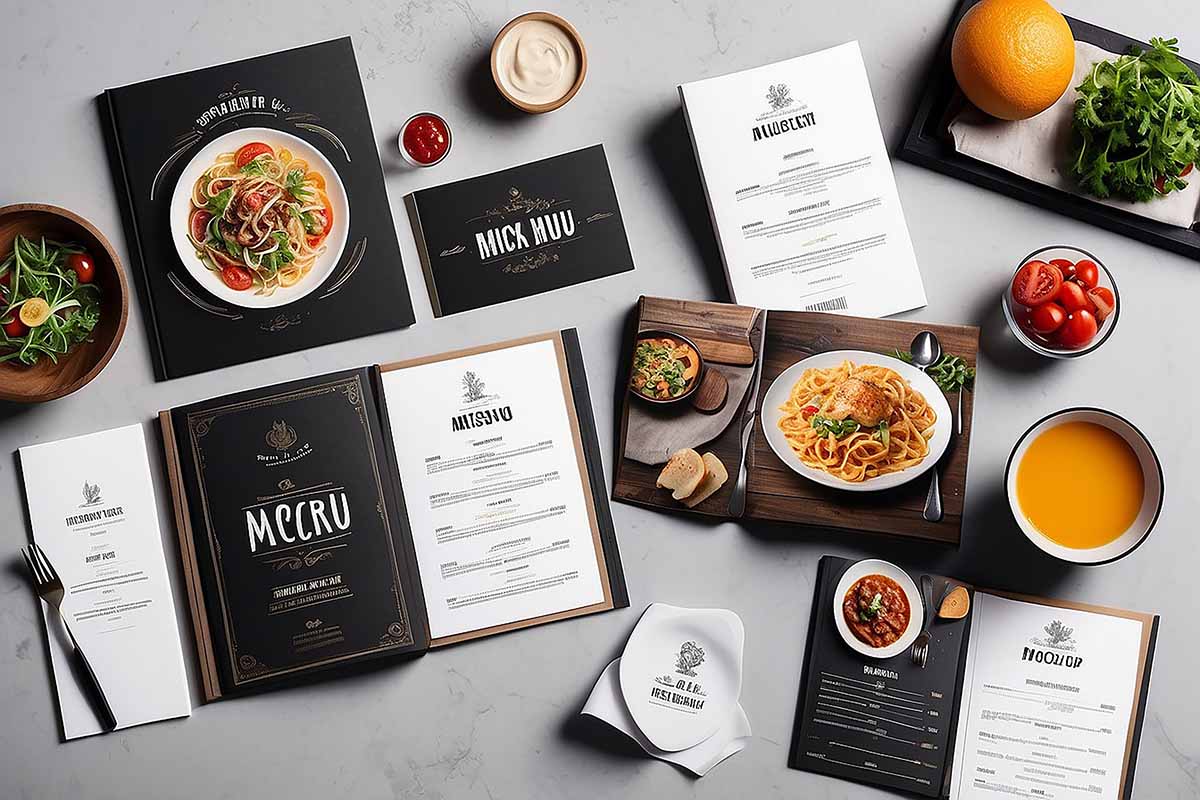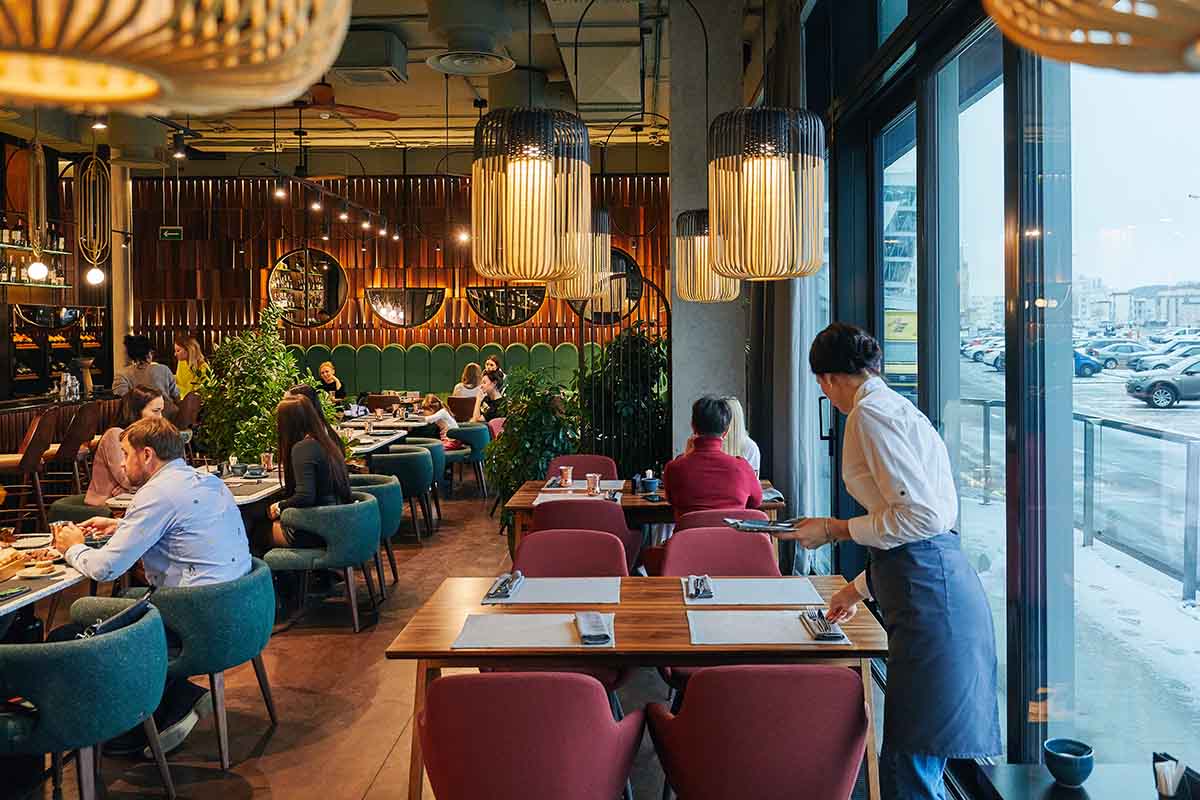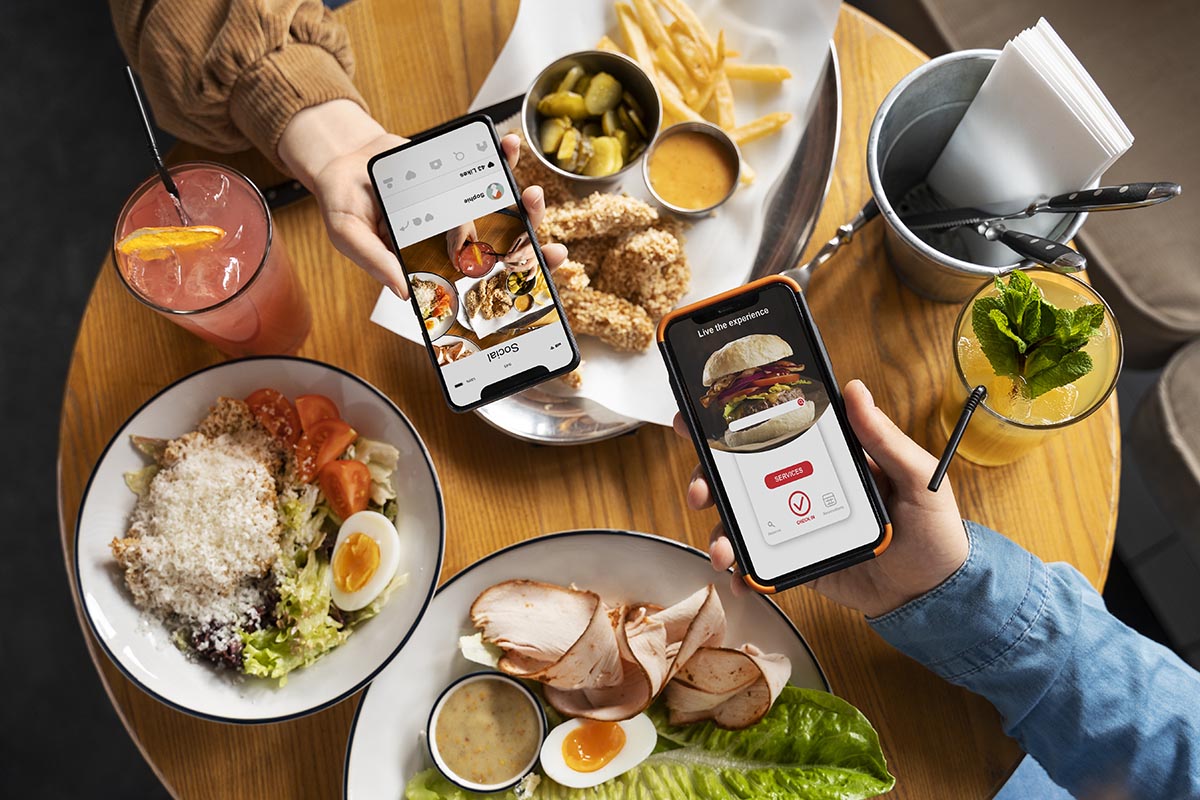The Importance of a Strong Restaurant Concept
Key Points
Owner reviews prove clarity wins: A strong concept makes decisions easier—for you and your guests. It aligns your vision, menu, branding, and customer expectations.
It’s your competitive edge: In a saturated market, a strong restaurant concept is what makes people stop scrolling, click “reserve,” and actually walk through your door. It’s not just about food—it’s the feeling, the story, and the promise that your place offers something they won’t find anywhere else..
It shapes the entire experience: From furniture layout to music and menu copy, your concept ties every detail together, creating a dining vibe that feels intentional—not random.
If you’re starting or growing a restaurant, your concept isn’t just a “cool idea”—it’s the backbone of everything.
From how your space feels to what ends up on the menu, a clear, well-thought-out concept helps people understand who you are and why they should choose you.
And let’s be real: in a world where new spots pop up weekly, you need more than good food to stand out.
Owner reviews consistently show that the restaurants customers remember—and come back to—are the ones with a strong, cohesive vibe.
It’s not just about design or cuisine; it’s about making the whole experience feel intentional and aligned with your brand values.
Whether you’re building a luxury dining spot or a cozy brunch café, the concept sets the tone for everything.
Define Your Brand Image
Your restaurant concept sets the tone for your entire business—from the look and feel of your establishment to the vibe you wish to create and the image you want to convey—all of which are essential to creating a high-end dining experience.
Whether your spot feels casual and fun, fine dining and elegant, or something totally your own—your brand image is what sticks in people’s minds long after the meal.
It’s not just about colors or fonts. It’s about what your space, food, and vibe say about you.
A strong, unique concept doesn’t just attract attention—it encourages people to talk about you, post about you, and come back with friends.
When your brand identity is clear—visually and emotionally—you create trust. And trust is what keeps people coming back.
Stand Out Where It Matters
In today’s saturated market, “good food” isn’t enough. People crave something different—a story, a vibe, an experience they haven’t had a dozen times before.
That’s where your restaurant concept becomes your secret weapon.
It’s not just about having a different menu—it’s about creating a space and identity that feels different.
Whether it’s your cultural twist, your bold interior, your playlist, or your mission behind the food, these small things add up.
Owner reviews show that the most memorable places aren’t always the most expensive—they’re the ones with a clear personality. A place that feels real.
How to Make It Work for You
Inject your personality: Let your story, passion, or roots shine through the menu, design, and service.
Get specific: Instead of being “modern casual,” be “Pacific Northwest brunch with Ukrainian touches” or “plant-based street food with 90s hip-hop energy.”
Focus on the feeling: Think about how you want people to feel when they walk in—and let that guide everything.
✅Remember: When you’re clear about why you’re different, your ideal customers can actually find you—and they’ll come back for that uniqueness. Every. Single. Time.
Provides Consistency
When your restaurant’s concept is consistent across your branding, menu, décor, advertising, website, and social media, you create a memorable customer experience that sets you apart from the competition.
A strong concept ensures that everything is cohesive and creates a fundamental framework from which all aspects of the business can operate and grow.
Consistency is a crucial factor in building a successful restaurant business.
Your Concept Shouldn’t Box You In—It Should Help You Grow
One of the most underrated strengths of a great restaurant concept? It gives you room to innovate.
The best concepts aren’t rigid. They evolve with you.
Let’s say your place is farm-to-table. That opens up endless ways to spotlight seasonal produce, partner with new farms, or rotate menus without ever straying from what you stand for.
Innovation done right keeps your brand fresh and interesting—without confusing your regulars.
It’s about staying true to your roots while showing your guests that you’re paying attention, growing, and creating something alive.
Your Concept Should Guide Everything—From Menus to Music
When your concept is strong, decisions become easier.
It tells you what goes on the menu. What kind of plates to use.
Whether jazz or indie music plays during dinner service. What your cocktails should feel like.
✅Think of it like this: A seafood bar naturally leans toward a coastal vibe—maybe whitewashed walls, oysters on ice, and light, zesty drinks.
A cozy farm-to-table café? You’re thinking warm wood tables, handwritten menus, candles, and seasonal root vegetables.
The concept gives your space rhythm.
And that rhythm creates trust, familiarity, and the kind of experience that guests remember—and come back for.
Engages Your Target Audience
Your restaurant concept should deeply resonate with your target audience.
Understand their preferences, dietary restrictions, budget, and lifestyle to create an experience catering to their needs.
For instance, a concept that caters to the millennial audience could focus on social media marketing, music, and technology choices.
Find ways to make your dining experience unique and stand out among your competitors.
A compelling concept helps build a loyal following, increasing repeat business and bringing new customers through the door.
Customer Experience
The restaurant’s concept sets the stage for the customer experience.
The physical space, decor, lighting, music, and ambiance should all reinforce the concept.
The customer service should also align with the concept.
Servers should be knowledgeable about the menu and be able to make recommendations that are consistent with the concept.
The customer experience should be seamless and align with the brand identity.
Financial Returns
At the end of the day, your restaurant needs to be profitable—and a strong restaurant concept directly supports that goal.
When your concept is clear and compelling, it naturally attracts more of the right customers, which means more reservations, more covers, and higher revenue.
A well-defined concept also helps with cost control.
You’re not guessing what to serve or how to stock inventory—everything from the menu to portion sizes to supplier relationships becomes more intentional and efficient.
Plus, people don’t just come back for the food—they return for the experience.
And loyal, returning guests tend to spend more, especially when they feel connected to your brand. That’s how a strong concept becomes a long-term financial strategy—not just a creative one.
Creating A Successful Concept
A strong restaurant is more than just creating an appealing ambiance and menu.
It goes beyond this and involves story-telling, operationalization, and conveying a unique value proposition.
It would be best if you had a defined target audience and menu offerings that cater to their preferences and lifestyles.
Conduct market research on your competition and the dining preferences in the area to devise something unique.
Focus on differentiating yourself in the market through creative menu offerings or standout entertainment and ambiance designs.
This has shown particular success based on data from owner.com reviews.
Final Thoughts
Your restaurant concept can make or break your establishment. An innovative, unique concept attracts customers and creates a memorable dining experience.
It is crucial to have a well-defined brand image, differentiate from your competitors, and provide a hospitality experience designed for your target market.
Focus on creating an overall dining concept that stands out, keeps people engaged, and creates a strong following.
You are just another restaurant in a crowded industry without a strong concept.






















